This personal genealogy blog challenge is to stimulate my own genealogy blogging efforts in 2014 – 2015 by focusing on a different kind of genealogical record each week. I wanted a challenge that reflected my own archival background as well as my own genealogy interests and there are probably lots of other records that I could have included. The challenge has an Australian focus but most of these records will be found just about anywhere in the genealogy world.
The 52 different types of genealogical records I finally decided on are listed in no particular order (each week will be a random surprise). Originally I planned to do this over 52 weeks in 2014 but soon realised that I have to factor in travel and illness so it is continuing into 2015 from Week 26.
Anyone is welcome to do all or part of this blogging challenge. Let me know if you are participating and I will put a link to your post under each week’s challenge.
Links to Weeks 1-25 are here. Week 26 School Records Week 27 Census Records Week 28 Tombstones Week 29 Military Records Week 30 Postcards Week 31 Photographs Week 32 Asylum Records Week 33 Church Records Week 34 Maps Week 35 Sporting Records Week 36 Hospital Records Week 37 Military Histories and Unit War Diaries, Week 38 Trade Union Records Week 39 Old Age Pension Records Week 40 Company Records
Week 41 Convict Records
Although I don’t have any convicts in my direct family line, my son has three in his and my partner also has three, with the earliest one arriving in the Third Fleet. Anyone with convicts is really lucky as there are so many records available and in recent years many of these have become available online, either on free sites or subscription sites.
Trial records for convicts who appeared before the Old Bailey in London are easily located on the Proceedings of the Old Bailey London’s Central Criminal Court 1674 to 1913 website. You can type in a convict’s name (use the phrase option to keep the two words together) and select transportation from the verdict menu and you have a list of all convicts with that name transported.
Sarah Johnson, 14 years old, was charged with theft and grand larceny and sentenced to 7 years transportation in 1797. Sarah’s defence was that she did it ‘from necessity and want’ but what type of offence was grand larceny? In Sarah’s case it was a linen shirt value 6s, a linen shift value 2s, a black silk bonnet value 3s, a scarlet cloth cloak value 6d and a check linen apron value 10d.
Sarah arrived in Sydney and was then sent on to Norfolk Island where she met and married Samuel Pyers who had arrived on the Active as part of the Third Fleet. When the Norfolk Island first settlement closed down they moved to Tasmania where they lived until their deaths. Sarah and Samuel had eight children and there are lots of Pyers descendants today who are proud of their convict ancestors.
We have travelled to Norfolk Island twice looking at where they lived and thinking of what their life was like as part of the First Settlement. It is such a beautiful place and it is no wonder that they did not want to leave and go to Tasmania when the First Settlement was closed down. We even managed to locate their exact land holding which was really exciting.
Trove is a great free site for picking up details of convict lives that we might not discover from official records. A simple name search on Samuel Pyers brings up numerous references to him or references to his son. For example, in August 1824 Samuel Pyers was the victim of a burglary when four men broke into his house and the same night they also broke into Richard Pyers house, Samuel’s son. Events like this, if not captured in newspapers, can end up as forgotten family stories.
Richard Walker, one of my son’s convicts, had his last moments captured in a newspaper reporting on the inquest into his death. Thanks to that digitised account in Trove I know that Richard visited his daughter, Emma’s house at The Rocks in Sydney and had gone out to the back yard. When he did not return after a short time she went out and found him suffering a fit. She called her husband Samuel Evans and some neighbours and they carried him back into the house and put him on a bed. Samuel then went to get a doctor who according to Samuel refused to come as there was no money to pay him. (The doctor later disputed this in a letter to the editor. )
Richard lingered until three o’clock in the afternoon when he died. The jury at the inquest returned a verdict of the deceased had ‘died by visitation of God’. Without the inquest being reported in such detail in the newspaper, I would not have this account of Richard’s last hours.
Another great website for convicts is Convicts to Australia and of course original records are held in the relevant state archives and some indexed and digitised series are also available through Ancestry and Findmypast. Look for guides on how to research convicts in the relevant archives and even some of the state libraries have how to research convict guides online. CoraWeb is a handy portal site that has links to lots of convict related websites.
As I said at the beginning there are lots of records for convicts and you can piece together their life stories from the various records usually much easier than if they were immigrants. Hopefully the anecdotes above will get you looking for all the minutiae of their lives and not just the basic born, married, transported and died references. Good luck.

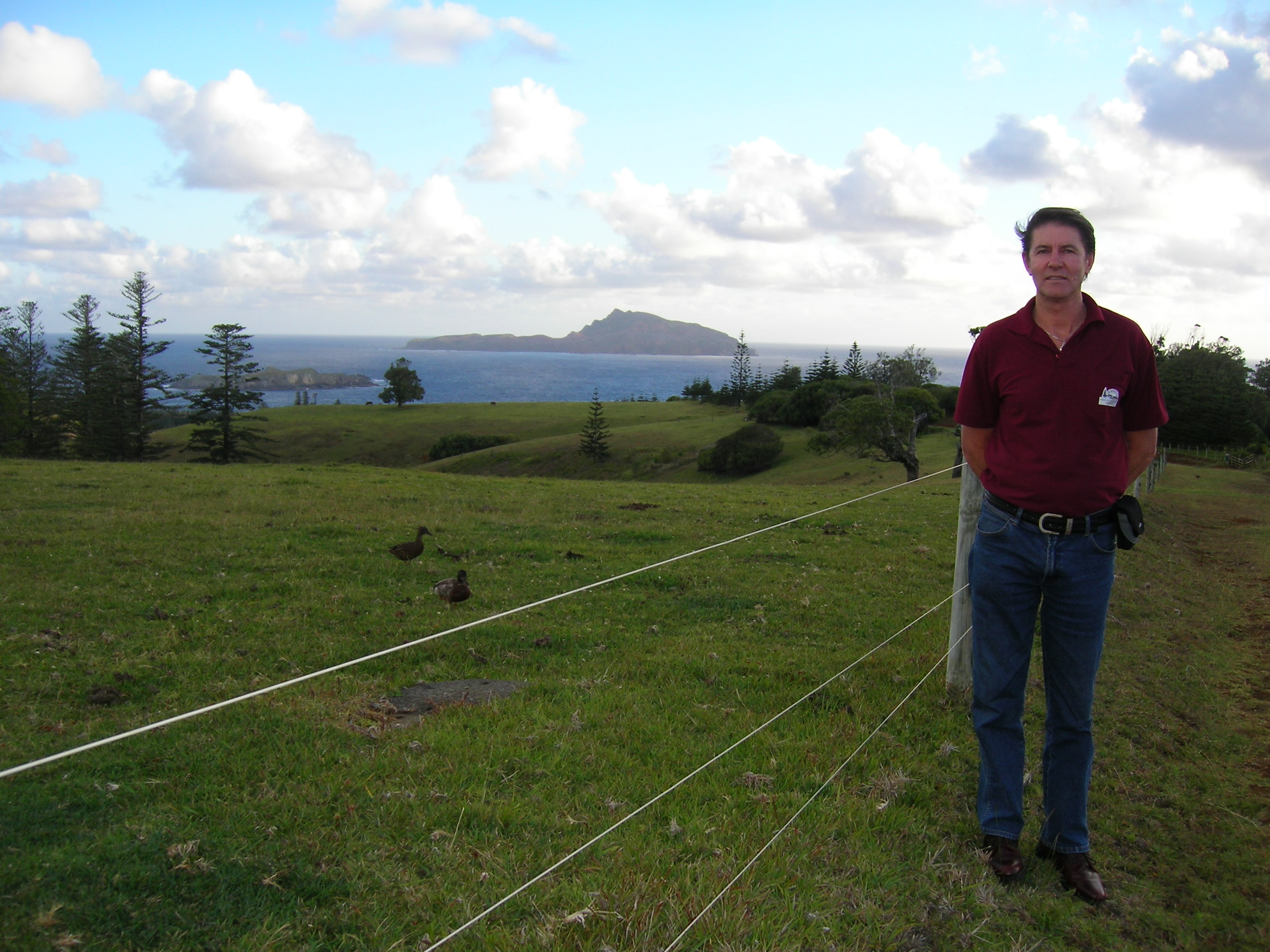
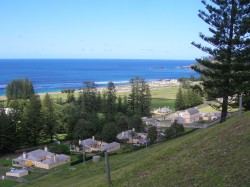
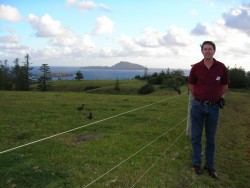
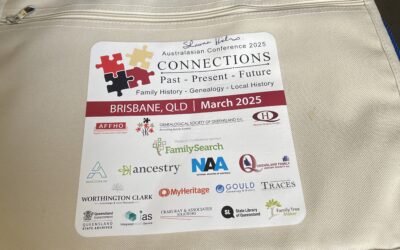
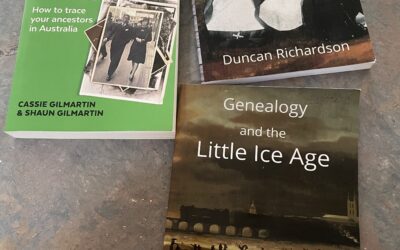
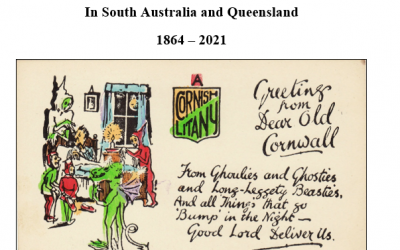

A pertinent post for people like me with a very crooked past. One of my fave sites is Claim a Convict.
An aside, stemming from the history of Richard Walker. Our Walker family is a direct line: Richard Walker – Henry Walker – William Peter Walker – Henry Adolphus Walker – Vincent Henry Walker – Henry Charles Walker – Andrew Henry Charles Walker. Richard Walker was convicted of having a forged bank note with intent to use it. His G-g-g-g-grandson Andrew actually makes money, or at least builds and computerises the equipment that prints our banknotes. History repeating itself? Sort of.